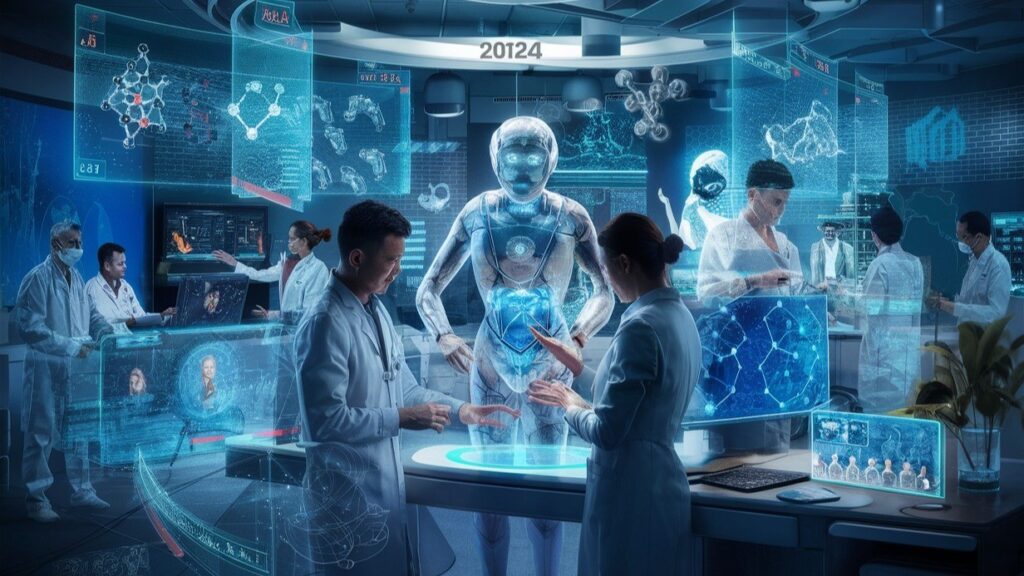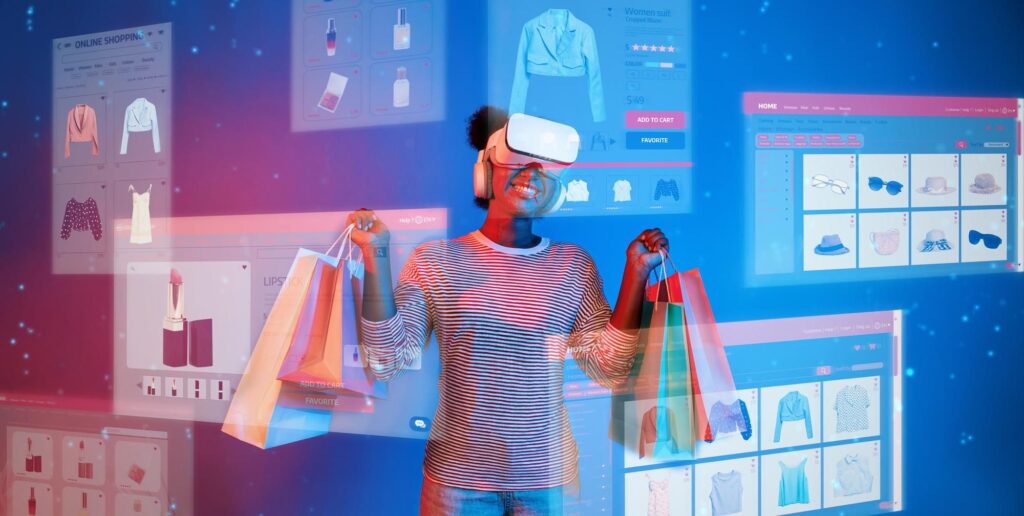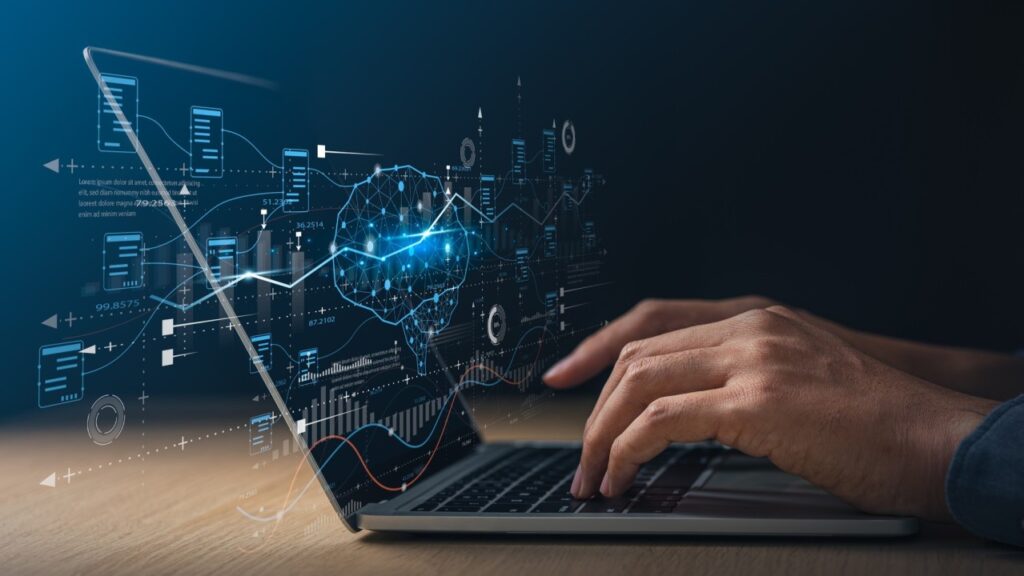Introduction: Healthcare Is Data-Rich but Insight-Poor
Modern healthcare generates an enormous amount of data every second — from medical imaging, lab tests, prescriptions, wearable devices, to Electronic Health Records (EHRs). However, despite having access to this wealth of information, healthcare systems often struggle to translate it into actionable insights that can improve patient outcomes.
That’s where Artificial Intelligence (AI) and Machine Learning (ML) step in — not just as buzzwords, but as life-saving technologies. With the power to analyze massive datasets, identify patterns, and predict outcomes, AI is revolutionizing how healthcare professionals diagnose, treat, and monitor patients.
The Solution: How AI Models Are Transforming Diagnosis and Care
Let’s break down exactly how AI is being used in the healthcare ecosystem:
1. Medical Imaging & Diagnostics
AI-powered tools are trained on thousands (sometimes millions) of medical images like X-rays, MRIs, and CT scans to recognize patterns that even experienced doctors might miss.
- Deep Learning models are being used to detect diseases such as pneumonia, tuberculosis, breast cancer, and eye disorders.
- These models learn from labeled images and continuously improve accuracy with more data.
✅ Example: AI detecting early-stage breast cancer from mammograms with up to 99% accuracy.
2. Electronic Health Records (EHRs) & Predictive Analytics
EHRs contain structured and unstructured data, including doctors’ notes, prescriptions, and lab results. ML models can analyze this to:
- Predict potential health risks (e.g., heart disease or diabetes).
- Alert doctors to adverse drug interactions or unusual lab results.
- Recommend personalized treatment plans based on past medical history.
✅ Example: Predicting patient deterioration 24–48 hours in advance in ICU settings.
3. Genomics & Personalized Medicine
AI is accelerating the field of precision medicine by analyzing genetic data to:
- Identify mutations responsible for diseases.
- Match patients with the most effective drugs based on their DNA.
- Optimize drug development and clinical trials.
✅ Example: AI used in cancer genomics to recommend targeted therapy.
4. Remote Patient Monitoring & Wearables
From smartwatches to medical-grade wearables, AI interprets real-time data such as heart rate, oxygen levels, or glucose readings and:
- Flags anomalies immediately.
- Sends alerts to doctors or caregivers.
- Tracks long-term patterns to help manage chronic conditions.
✅ Example: AI-enabled devices detecting atrial fibrillation before a stroke occurs.
Real-World Case Studies: AI in Action
🔬 Google DeepMind: Early Detection of Eye Diseases
DeepMind (now part of Google Health) collaborated with Moorfields Eye Hospital to train an AI system capable of analysing 3D retinal scans. The model could identify over 50 eye diseases — often matching or exceeding human experts in accuracy.
Impact:
- Diagnosis in seconds vs. hours
- Enabled faster treatment for conditions that could lead to blindness
🧠 IBM Watson Health: Cancer Diagnosis and Treatment
IBM Watson Health was deployed in oncology departments to assist doctors in developing treatment plans. It analysed millions of patient records, medical journals, and trial data to make evidence-backed recommendations.
Impact:
- Saved hours of research per patient
- Ensured the latest studies and trials were considered in treatment planning
The Impact: Measurable Results and Life-Saving Potential
The implementation of AI in healthcare isn’t just theoretical — it’s making a tangible difference:
| Area | Before AI | With AI |
|---|---|---|
| Diagnostic Accuracy | 70–80% | Up to 99% |
| Time to Diagnosis | Hours to Days | Minutes |
| Patient Monitoring | Manual, intermittent | 24/7 real-time |
| Personalized Treatment | One-size-fits-all | DNA- and data-driven |
Key Benefits:
- Faster and more accurate diagnoses
- Reduction in medical errors
- Lower healthcare costs
- Improved patient outcomes and satisfaction
Closing Thoughts: The Future Is Now
AI is not replacing doctors — it’s empowering them. By handling data-heavy tasks, AI gives clinicians more time to focus on what truly matters: the human side of healing. As machine learning continues to evolve, we can expect even more breakthroughs in early detection, disease prevention, and personalized care.
For startups, healthcare providers, and innovators alike, one thing is clear — the future of medicine will be intelligent, efficient, and deeply personalized, thanks to AI.






